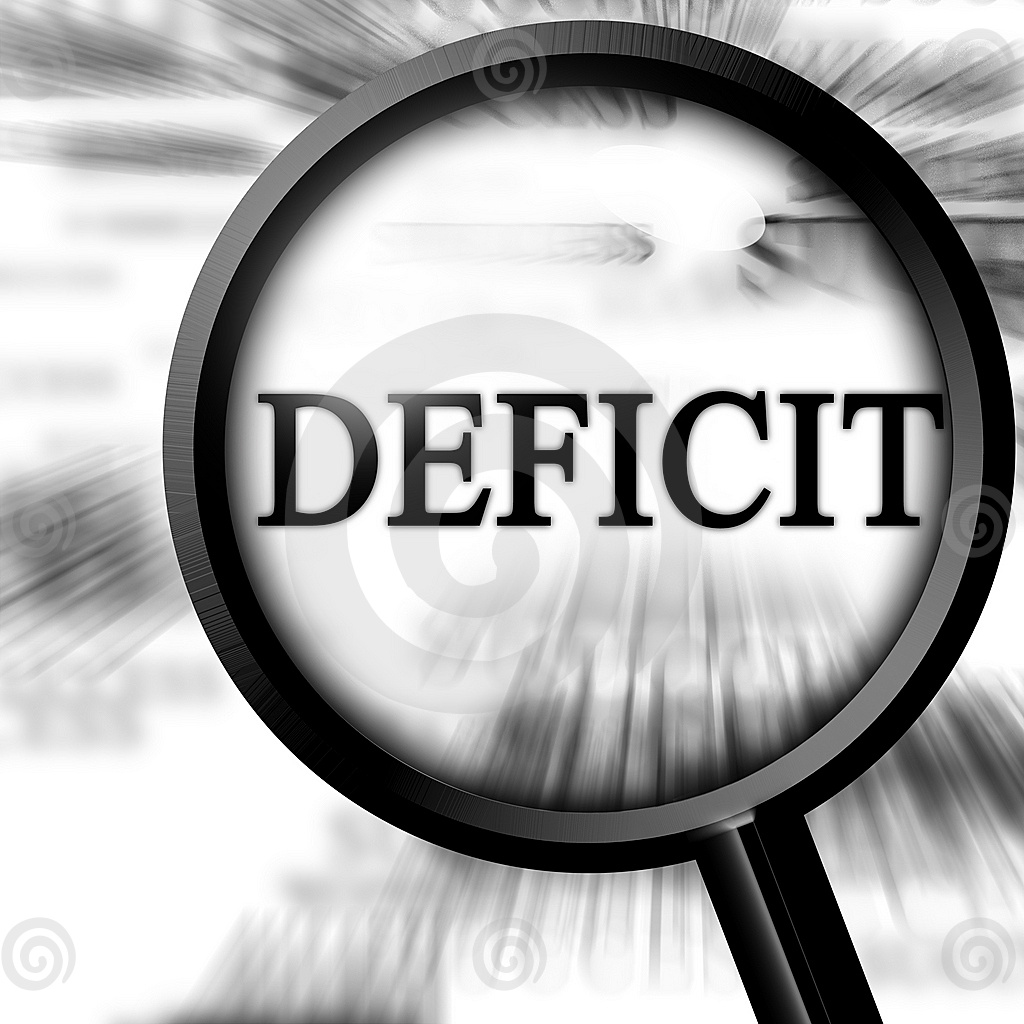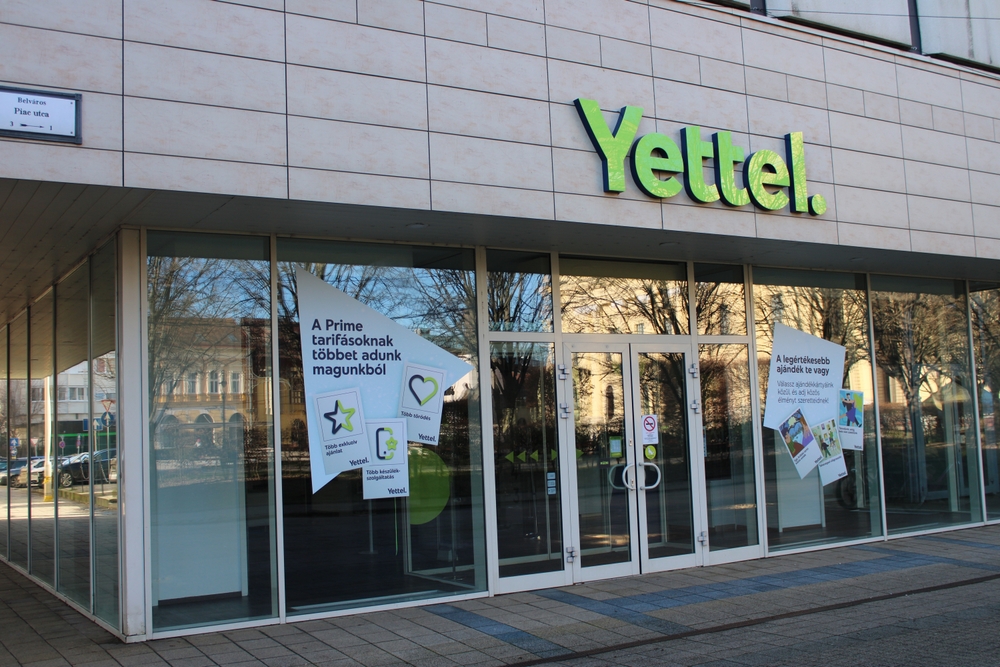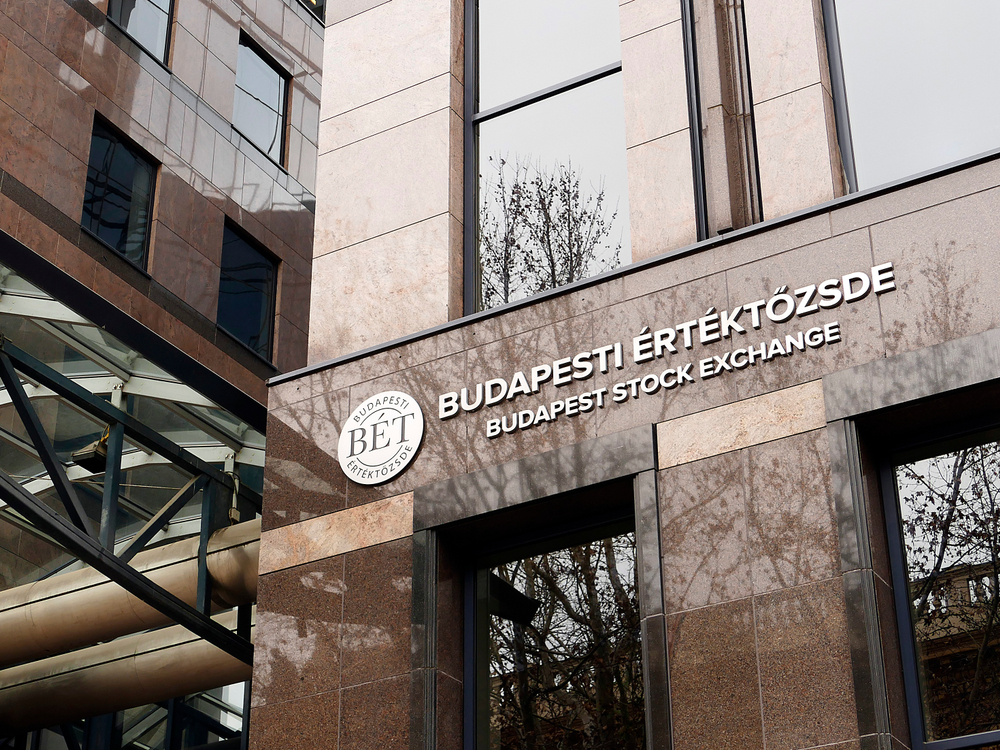Deficit 121% of full-year target at end of August, ministry confirms

Hungaryʼs cash flow-based general government, excluding local councils, ran a HUF 1,646.2 billion deficit at the end of August, thus reaching 121% of the HUF 1,360.7 bln full-year target, the Ministry of Finance confirmed in a second reading of data released Monday.
The figures were the same as in the preliminary release on September 10. The central budget deficit reached HUF 1,708.0 bln, while separate state funds had a HUF 21.8 bln surplus and social insurance funds a HUF 40.0 bln surplus.
In August alone, the general government deficit came to HUF 155.3 bln, also unchanged from the preliminary figure.
The ministry noted that pre-financing for EU-funded projects reached HUF 1,388.5 bln by the end of August, while transfers from Brussels came to just HUF 183 bln.
Expenditures were also lifted by spending on fully central budget-funded projects, such as the Modern Cities Program and Healthy Budapest Program, as well as road renovations and support for corporate investments.
A combined HUF 30.7 bln of family subsidies for September were paid early, in August, to help out with householdsʼ back-to-school expenses, the ministry added.
Revenue from VAT in January-August was up HUF 169.3 bln from the same period a year earlier, while revenue from personal income tax climbed HUF 170.4 bln and revenue from payroll taxes increased HUF 187.6 bln. The ministry attributed the improvements to the shrinking shadow economy, stronger economic growth, expanding employment, and a dynamic increase in wages.
The deficit target of 2.4% of GDP for the full year, calculated using EU accrual-based accounting rules, is "realistic" and "achievable" parallel with economic growth of over 4%, the ministry reiterated.
Total revenues for the first eight months of 2018 amounted to HUF 12,141 bln, while expenditures totaled HUF 13,787 bln, compared to respective figures of HUF 11,616 bln and HUF 12,596 bln in the corresponding period of 2017.
Corporate tax income in January-August was HUF 117.8 bln, down by HUF 211.2 bln compared to the first eight months of 2017, because of the carry-on effects of tax advance supplement provisions from last year and reduced revenues from the growth tax credit.
Income from excise tax, at HUF 702.2 bln in January-August, was up by around HUF 55.5 bln compared to the same period last year. Income from the financial transaction duty was up HUF 11.0 bln at HUF 154.0 bln, and income from the extraordinary bank levy was HUF 26.17 bln.
SUPPORT THE BUDAPEST BUSINESS JOURNAL
Producing journalism that is worthy of the name is a costly business. For 27 years, the publishers, editors and reporters of the Budapest Business Journal have striven to bring you business news that works, information that you can trust, that is factual, accurate and presented without fear or favor.
Newspaper organizations across the globe have struggled to find a business model that allows them to continue to excel, without compromising their ability to perform. Most recently, some have experimented with the idea of involving their most important stakeholders, their readers.
We would like to offer that same opportunity to our readers. We would like to invite you to help us deliver the quality business journalism you require. Hit our Support the BBJ button and you can choose the how much and how often you send us your contributions.








